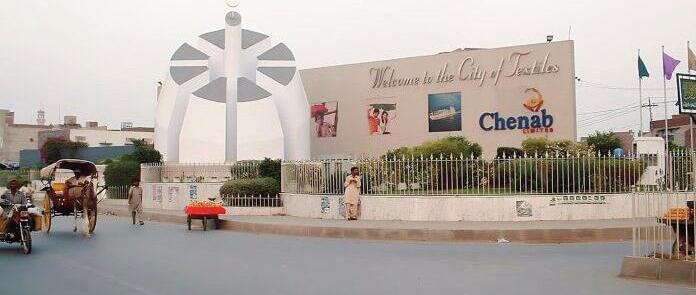

PM, MBS REITERATE QUALITATIVE SHIFT IN PAK-SAUDI BIL ATERAL REL ATIONSHIP
g PM SHEHBAZ PROPOSES SIX-POINT GLOBAL AGENDA AT ‘ ONE WATER SUMMIT’ TO TACKLE WATER-RELATED CHALLENGES
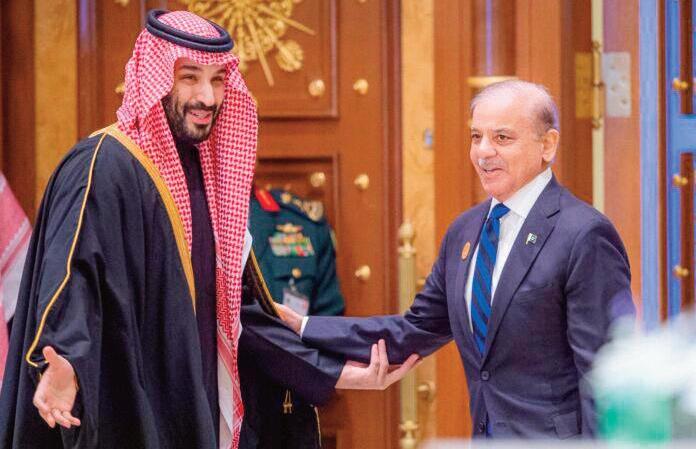
DPM
Dar reaffir ms govt’s commitment to ensure security of Red Zone
t
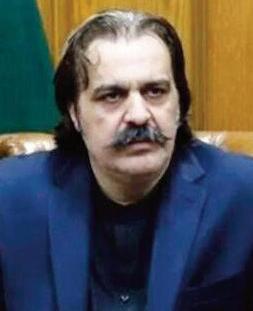
following the PTI protest at D-Chowk His counsel has requested the IHC to suspend the FIR and terrorism charges until the final decision is made This legal challenge adds to the ongoing cases against PTI leaders, including founder Imran Khan, former First Lady Bushra Bibi, Gandapur, and other key figures The charges include a range of offences such as terrorism, violation of the Assembly Act attacks on police and violations of Section 144 These cases have been filed at various police stations in Islamabad
s tA
While reaffirming the government’s commitment to ensure the security of the Red Zone Deputy Prime Minister and Foreign Minister Senator Ishaq Dar on Wednesday justified the government actions against the protestors, asserting they had to comply with the Islamabad High Court ordered whereby the PTI had been barred from holding any protest gathering in the Red Zone In pursuance of the court ruling, the government had tasked Interior Minister Mohsin Naqvi to engage with the party but the efforts remained unsuccessful” DPM Ishaq Dar said while briefing the members of the diplomatic corps on the recent situation caused by the protestors of the Pakistan Tehreek-e-Insaf (PTI) During a briefing to the mem-
bers of the diplomatic corps DPM Dar emphasized the federal government always prioritised the Red Zone s security which housed Parliament House, Supreme Court of Pakistan, federal institutions and the diplomatic corps The government had enacted a new law Peaceful Assembly and Public Order Act, 2024 that barred the protest demonstrations in the Red Zone and required permission from a magistrate for any public gatherings” he stated Dar explained that PTI stubbornly attempted to march into the Red Zone despite the government s offer of an alternative protest site in Sangjani He emphasized that freedoms and human rights should not be exercised in ways that cause lawlessness and endanger the lives and property of both Pakistanis and the diplomatic corps Our priority has always been to take care of the Red Zone, which
has the Parliament the Supreme Court of Pakistan key federal institutions but most importantly, the diplomatic corps, Dar said while speaking to the members of the diplomatic corps on Wednesday Dar informed the diplomats that PTI had chosen to hold a protest on November 24 which coincided with the planned visit of the Belarusian president He noted that this was consistent with the party’s past malafide practice of scheduling protests on significant dates such as the SCO summit earlier this year and in 2014 when their protest led to the postponement of the Chinese president s visit He recalled that the Supreme Court had dismissed PTI’s claims of rigging in 35 National Assembly seats the primary reason behind the 2014 sit-in yet the party never apologized despite having committed to do so in a written agreement with the government
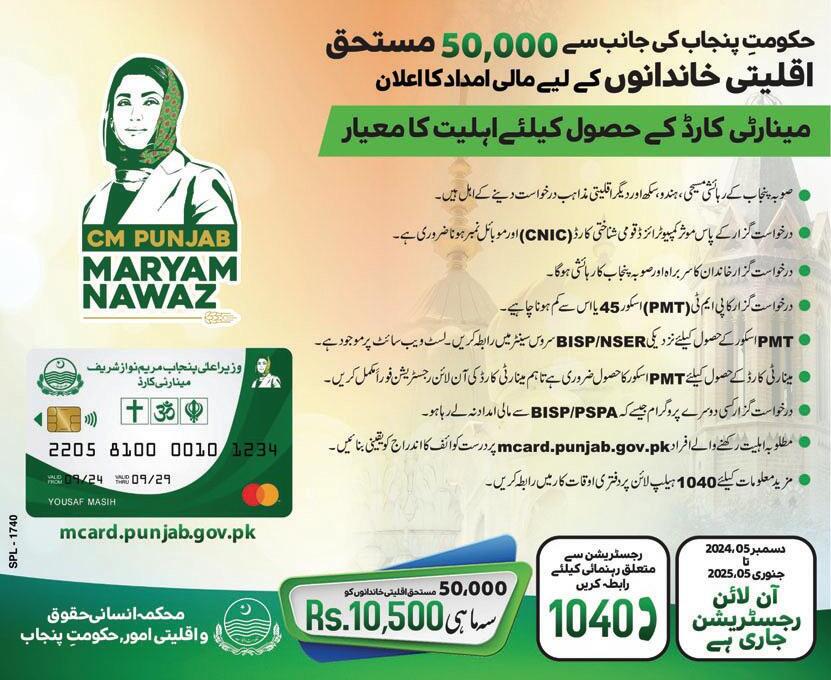

PM forms committee to review proposal allowing dual nationals to become SBP governor
Prime Minister Shehbaz Sharif has established a committee to review a proposal allowing dual nationals to be appointed as the governor and deputy governor of the State Bank of Pakistan (SBP) According to a news report, the cabinet decided to defer the approval of the SBP Amendment Bill and instead formed a committee to review the proposed changes The finance ministry had suggested several amendments to the SBP Act, including a proposal to allow dual nationals to be appointed as governor and deputy governor of the central bank The law ministry had already vetted the proposed changes The issue of dual nationality appointments is particularly relevant as one of the SBP s deputy governors, Dr Inayat Husain, whose term ended on November 8, holds dual nationality The government is interested in retaining him for a new five-year term Another leading candidate for the
deputy governor position Dr Saeed Ahmad also holds dual nationality
Under the current law, the federal government appoints deputy governors based on recommendations from the SBP governor in consultation with the finance minister
The amendment to Section 13 of the SBP Act which currently disqualifies individuals holding dual nationality from serving as governor, deputy governors, or directors, is one of the key proposals
The finance ministry’s draft amendment aims to remove the restriction on dual nationals but this has sparked debate among cabinet members Some ministers expressed concerns that dual nationals might return to their countries of origin once their terms end Finance Minister Muhammad Aurangzeb who renounced his Austrian nationality upon assuming office argued in favor of allowing dual nationals to serve as governor or deputy governor
Some cabinet members suggested that the government should consider exempting certain key positions from
the dual nationality ban
The prime minister instructed the Cabinet Division to thoroughly review the proposed amendments through the newly formed committee before bringing them back for cabinet approval
The prime minister also instructed the Cabinet Division to ensure that Minister of State for Finance Ali Pervaiz Malik, is consulted on all cabinetrelated economic matters
This directive followed Malik’s objection during the cabinet meeting over not being consulted by the finance ministry regarding a proposal to amend the SBP Act which was subsequently deferred Malik emphasized that he should have been involved in the decision-making process before the finance ministry submitted the summary for the amendment
As per the Rules of Business of 1973 the federal minister is required to approve and authorize the submission of summaries to the cabinet Malik s viewpoint was that without prior consultation, it would be difficult for him to support such summaries
Exchange (PSX) closed on a positive note on Wednesday, with the benchmark KSE-100 Index advancing by 545 26 points or 0 52% to settle at 105 104 33 The market opened at 104 559 07 and traded within a range of 104 315 41 (low) and 105 473 56 (high) A total of 697,648,587 shares were traded, with the total value of shares traded reaching PKR 32 39 billion Buying was observed in key sectors including oil and gas companies power and refineries Index-heavy stocks including HUBCO, PSO, SSGC, MARI, OGDC, PPL and UBL traded in the green The bull-run in today’s market was majorly attributed to the expected rate cut in the next Monetary Policy Committee (MPC) of the State Bank The State Bank of Pakistan s (SBP)

TRIGHTSIZING COMMITTEE RECOMMENDS MA JOR OVERHAUL OF MOST ENTITIES
Corporation (STEDEC) is to be restructured into the Indigenous Research and Development Agency (IRADA) However, its scale and effectiveness remain under scrutiny with a recommendation to wind it up by the end of 2024 if the restructuring does not yield significant results The committee also suggest National Retain Institute of Electronics (NIE) to be merged with an engineering university Key institutions like the Pakistan Standards and Quality Control Authority (PSQCA) and the Pakistan Engineering Council (PEC) will be retained but with leaner structures PSQCA s focus will narrow to standard-setting, with a 50% HR reduction and automation of licensing The PEC will revise its licensing requirements
and implement a risk-based policy for new graduates significantly cutting HR while maintaining its regulatory role The Pakistan Science Foundation (PSF) will be retained on the condition that it secures external grants exceeding its operational costs Its subsidiary the Pakistan Scientific and Technological Information Center (PASTIC) will merge into PSF if retained Universities under MoST including the National University of Science and Technology (NUST) and COMSATS University Islamabad (CUI), will be strengthened with a focus on improving
National Tax Council meets to disc uss tax reforms and harmonisation
k
The meeting also reviewed provincial tax reforms, focusing on enhancing agricultural income tax and property taxation while ensuring alignment with federal policies Strategies to broaden the tax base by transitioning GST on services to a more comprehensive framework were explored, with a view to aligning with international best practices to reduce ambiguities and improve administration
The council emphasised the need for cohesive policy implementation capacity building and stakeholder en-
The National Tax Council (NTC) chaired by Finance Minister Muhammad Aurangzeb, held a crucial meeting on Wednesday to address tax reforms and harmonisation strategies Federal and provincial stakeholders participated in the session which was convened against the backdrop of the recently signed National Fiscal Pact The pact emphasises the importance of fully realising tax potential in undertaxed sectors, such as real estate, property, and agricultural income, according to a statement from the Finance Division The council s agenda included discussions on improving data sharing and tax digitisation to strengthen collaboration between the Federal Board of Revenue and provincial revenue authorities Participants explored leveraging digital tools to streamline tax collection and enhance data analysis Efforts to harmonise the General Sales Tax across provinces were also discussed including the transition to a unified tax portal to improve efficiency and transparency
a sustainable and resilient Asia-Pacific region, leveraging partnerships to deliver innovative climate solutions while fostering inclusive economic growth ADB, SAFCO ink $86.2m deal for Pakistan’s first sustainable aviation fuel plant
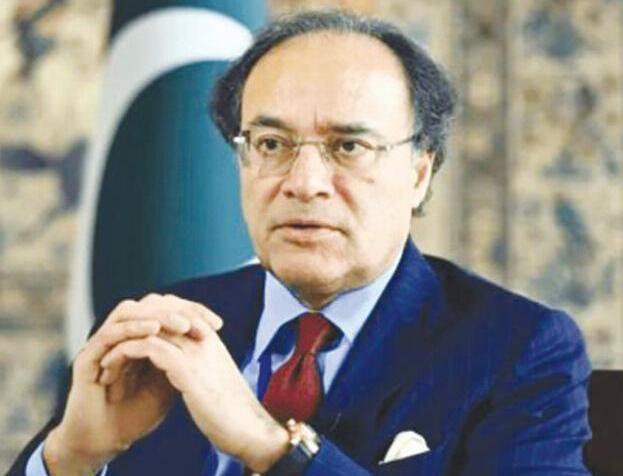
ity, professionalism and mutual benefit
e s
A step forward in legal cooperation between Sichuan, China and Islamabad, Pakistan was taken as the Sichuan Lawyers Association signed a Memorandum of Understanding (MOU) with the Islamabad Bar Council and the Islamabad Bar Association The MOU on strengthening legal exchanges and friendly cooperation covers multiple aspects of mutual exchanges between legal practitioners from Sichuan and Islamabad The primary objective of this collaboration is to deepen legal exchanges and cooperation between the two regions within the framework of ChinaPakistan Economic Corridor (CPEC)
The three parties will engage in mutual learning and strengthen their ability to provide cross-border legal services to clients They will continue to expand their business areas and improve their services with the ultimate goal of achieving common development
By doing so, the parties aim to jointly provide more extensive and efficient legal services for the investment and trade activities of related enterprises The MOU underscores the commitment to promoting common development through equal-
The cooperation is of great significance in promoting in-depth development of legal services in Sichuan and Islamabad Gwadar Pro reported on Wednesday

COMMENT
Plans to curb the social media say they are against terrorists, but others will be affected
TH E plan to place curbs on social media has two dimensions The first is the reason given out that it is against terrorists Terrorists have been around for some time and they have always used social media However, the authorities are now making this attempt Interestingly, this is not the first attempt to bring social media under control There have been previous attempts in the name of regulation and registration, cybercrimes and cyberbullying Terrorism seems a good unifying factor which will allow control over social media Another dimension is that of conflating terrorism with opposition to the government This should have become obvious ever since the PTI’s attempt to carry out a sit-in 10 days ago The PTI may or may not have any terrorist links None have been alleged let alone proven in any court of law However it seems taken as a given in government circles that this is so with the result that this piece of legislation is being seen as directed against the PTI, especially its keyboard warriors It seems that lack of control over cyberspace is worrying for certain circles, because it means a loss of control over information, which is something that the state has generally controlled as far as possible That thisis a bureaucratic requirement rather than partisan is shown by the fact that these attempts were made under the PTI too, when it was in office
This means that any step by the state must be scrutinized carefully to ensure that there is no abridgement of free speech There must obviously not be any leeway for terrorist organizations but the administration of such bans can be problematic At the moment the decision to shut down a website will be taken by some faceless bureaucrat in the Pakistan Telecommunication Authority Even before there is an appeal, there must be a proper review mechanism established
The government must not fall into the trip of its predecessors It should remember that it too will fall out of office one day, and it is then it will feel restrictions on freedoms the most Take the case of the PTI, which tried to regulate social media, but which is now finding that it is its last refuge Clearly it will not welcome the restrictions that are being placed on it now The PML(N) too must not pass laws it will rue when in opposition

Dedicated to the legac y of late Hameed Nizami Arif Nizami (Late)
M A Niazi
Patience or perseverance?
On words, their context and meaning
Arabic) The archetype of sabr in the Urdu tradition is a meek, submissive individual who suffers gross injustices heroically and without complaining

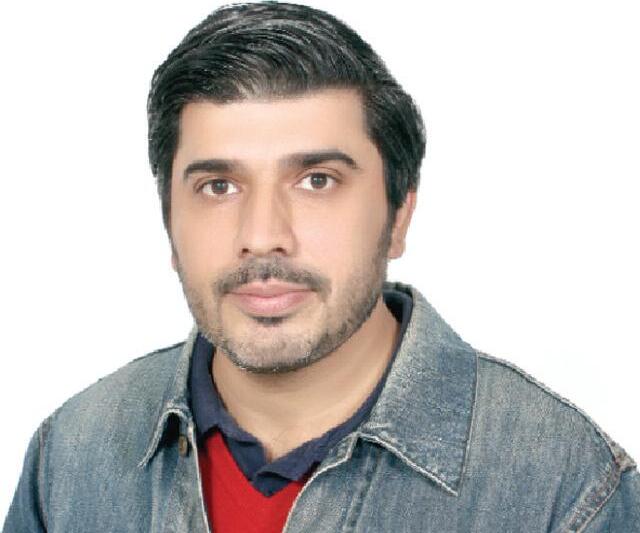
TH E possible meanings of words in any text are decided not by the roots from which they have originated but by the usage of those words by native speakers of that language Dictionaries chronicle precisely this usage Dictionaries of all living languages need to keep up with time because words have a way of evolving –sometimes differently in different parts of the world One common source of error in text reading is imposing today s meanings on words that had quite different meanings when they were originally written Similarly, it is very easy to presume the prevalent meaning of a particular word in one’s own surroundings forgetting that the text directly addresses folks of a linguistic tradition who may have a very different notion regarding what the very same word means Oversight in this regard can have some very serious consequences When it comes to the Quran and its comprehension, this would amount to taking the current and/or local meanings of words instead of what they stood for in seventh century Arabia when the Quran was directly read to its first audience This is a tricky issue For on the one hand the guidance of the Quran is for everybody everywhere and for all times to come But on the other hand, except the first recipients of its message 1400 years ago, all folks are its indirect addressees This is a significant fact that is way too often overlooked For students of the Quran therefore an Urdu background is a double-edged sword It is undoubtedly a great help in that they do not need to learn the alphabet and spend countless hours practising how to read Many of the words and phrases are familiar too, since Urdu borrows extensively from Arabic The flip side; however is that some of the words that Urdu shares with Arabic mean quite different things in the two languages
Take sabr for example This word along with its variants forms the cornerstone of a major Quranic theme The Urdu-speaking reader invariably takes it to mean patience, forbearance or words with that flavour (What with ‘sabr ’ being such a commonly used word in Urdu it never occurs to him that it could possibly mean anything else in
This is a far cry from the Quranic ‘sabr ’ which means perseverance persistence and continuity of purpose It does not have the passive and negative connotations associated with patience It is a positive quality that demands proactively facing conflict (if necessary), instead of avoiding it at all costs
The Quranic ‘sabr ’ then involves sticking to the correct stance in all situations and in the face of every hardship not compromising on principle keep advancing on the straight and narrow even when (especially when) the going gets tough The associated visual image is that of a man who presses on despite a stiff headwind rendering progress all but impossible He may slow down– even stop momentarily– but he never retreats He has his sight set far too firmly on his goal for that There is more to it To resist the temptations of being pompous and profligate when one can for example is also sabr So is willingness to let go of one s cherished beliefs, not allowing oneself to be swayed from the right attitude, beliefs and behaviour by one’s emotions (especially ego) or by vested interests
‘Sabr ’ is a term of immense significance
The sermon of the Mount by Prophet Isa (AS) is without doubt a masterpiece of orator y but there is a context to that Specifically, its famous Âturn the other cheekÊ excerpt (which perfectly fits the Urdu ÂsabrÊ template), leaves much to be desired when presented as a g eneral policy Pacifism, as a philosophy of life , is completely alien to Islam, which deals with the world as it is (with all its evil) instead of a make-believe ideal world available only to the armchair philosopher The man who fails to grasp the correct meaning of ÂsabrÊ, therefore , makes matters unnecessarily hard for himself by attempting what is unrealistic and impractical. In fact, he does a ser vice to nobody including the oppressor. For Islam stands for helping the oppressor as well by not allowing him to have his mulish way.
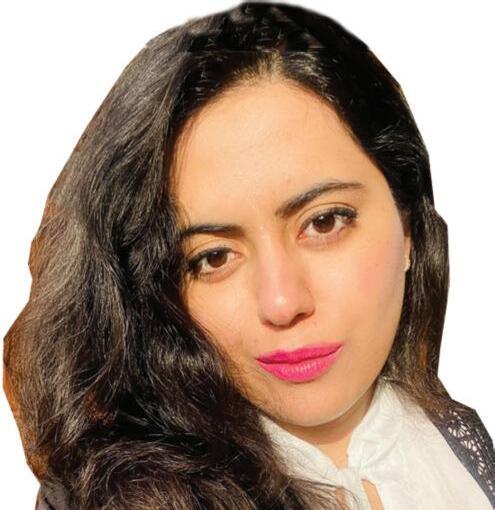
T h e s t r u g g l e s o f J u n i o r

WHILE my earlier articles focused on the government’s responsibilities towards female judges and the judiciary s role in improving efficiency this piece highlights the deeply exploitative nature of the legal market in cities like Multan Junior lawyers, especially women, often endure years of performing menial tasks without pay or recognition This systemic exploitation undermines their growth and dignity leaving many questioning their future in the profession In my daily interactions with female lawyers at the High Court bench in Multan I consistently hear stories of unfair treatment Many complain that their senior lawyers deny them access to case files or meaningful work Instead, they are reduced to holding files in court a practice that hinders their growth and professional development Such experiences are starkly different from my own initial exposure to the legal profession at LUMS, where I was fortunate to learn from inspiring mentors like the late Justice Fazal Karim, Bilal Manto, Khwaja Ahmed Hosein, Justice Jawad S Khawaja and others
During my internships in Lahore I encountered progressive lawyers like Waqas Mir who emphasized learning through meaningful research tasks and engaging interns in substantive legal discussions Even in Multan, I have been fortunate enough as my personal experience with my senior lawyer has been better than others in the city Although a significant departure from the prevalent court culture isn t possible at present however unlike many of my peers I had opportunities to engage with meaningful legal work and learn something along the way I do recognize that my case is exceptional, and other junior lawyers have lesser exposure to good learning opportunities and practical skills in law firms in Multan than I do For most of my colleagues the reality is an environment that prioritizes obedience over merit and discourages growth
GENDER-BASED DISCRIMINATION IN MULTAN’S LEGAL FRATERNITY: The challenges for female lawyers in Multan extend beyond professional stagnation Court staff and clerks often demean them equating their presence to redundancy simply because of their gender Regardless of their educational background or professional achievements, women in this field face misogynistic remarks, harassment, and demeaning treatment that erode their self-worth The pervasive culture of misogyny in Multan’s courts stands in stark contrast to the environments I experienced at institutions like LUMS or during my time at Notre Dame Law
L a w y e r s i n M u l t a n Need for Reform in the Legal Profession
School where I worked with world-leading human rights lawyers and gender experts Despite these enriching experiences even I have questioned my ability to persevere in such a hostile environment
The situation is particularly disheartening for young women entering the profession with dreams of making a difference They often find themselves in an exploitative environment where even educated male lawyers contribute to destroying their self-esteem This toxic culture pushes many to abandon their legal careers altogether resulting in a significant loss of potential for the profession
THE EXPLOITATION OF JUNIOR
LAWYERS: For junior lawyers in Multan professional life often begins and ends with a single expectation: unwavering servitude to senior lawyers This culture prioritizes obedience and sycophancy over talent or hard work Many young lawyers must endure years of running errands, holding files in court, and enduring verbal abuse, all without proper pay or due credit for their work The lack of structure and accountability in the legal profession further exacerbates the problem Unlike more developed legal markets where structured mentorship and fair wages are the norm, junior lawyers in Multan are left to navigate a system that thrives on nepotism, favoritism and exploitation While some senior lawyers take pride in mentoring young professionals they remain the exception rather than the rule For the majority the idea of transferring knowledge or empowering juniors is seen as a burden Instead, they exploit young lawyers desperation for experience, effectively trapping them in a cycle of dependency and subservience
THE NEED FOR REFORM: The challenges faced by junior lawyers in Multan reflect broader systemic issues within Pakistan s legal profession Reform is urgently needed to address the exploitative practices and create an environment where young lawyers can thrive Key measures include:
MANDATORY EMPLOYMENT CON-
TRACTS: The absence of formal agreements allows for unchecked exploitation Bar coun-
cils must enforce mandatory contracts to regulate working hours define roles and ensure fair compensation
STRUCTURED MENTORSHIP PRO-
GRAMS: Senior lawyers should be incentivized or required to mentor junior lawyers, providing them with substantive work opportunities and guidance
GENDER SENSITIZATION TRAINING: Court staff clerks and senior lawyers must undergo training to address gender bias and harassment This is crucial for creating a safer and more inclusive environment for women in the profession
PROMOTING ALTERNATIVE CAREER
PATHS: Given the exploitative nature of traditional litigation in cities like Multan young lawyers should be encouraged to explore alternative career paths such as freelancing, online legal consultancy, or specialized fields like intellectual property law
TECHNOLOGICAL INTEGRATION: Investing in technological solutions can empower young lawyers to work independently freeing them from the constraints of hierarchical legal practices
HOPE AMIDST CHALLENGES: Despite the grim realities there are reasons to remain hopeful My experiences at LUMS and Notre Dame Law School and my interactions with mentors who value learning and growth, remind me that good people exist in the legal profession These individuals serve as a beacon of hope, demonstrating that with the right guidance and opportunities young lawyers can overcome the challenges of a flawed system However hope alone is not enough The legal profession must undergo a cultural and structural shift to uphold the principles of human dignity and fairness Only then can we create a legal environment where young lawyers, regardless of their gender or background can thrive and contribute meaningfully to the pursuit of justice
The writer is a lawyer (L L B LUMS L L M Notre Dame Law School) practicing in Multan
The legal profession must undergo a cultural and structural shift to uphold the principles of human dignity and fairness Only then can we create a legal environment where young lawyers, regardless of their gender or background, can thrive and contribute meaningfully to the pursuit of justice.
Restoring our green
Power distribution
Noor ZAFAr
HASAN AFTAB SAEED

India, Bangladesh at the brink of all-out war
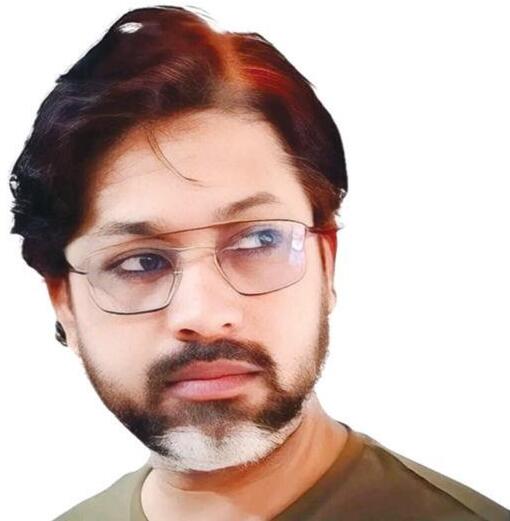
working to suppress Hindu voices This move accompanied by demands from Islamist groups to ban ISKCON altogether, has been perceived in India as an affront to religious freedom and a direct challenge to its influence in the region

Adding to these tensions is the role of Pakistan in the ongoing crisis Reports suggest that some Pakistani diplomats stationed in Dhaka have been aligning themselves with radical Islamist groups such as Jamaat-e-Islami and others\ Islamist parties These groups, while lacking widespread public support are being used to destabilize the political landscape and embolden extremist factions This interference has further been considered as a misstep of politics to the experts
The crisis took another turn on December 1, when the Bangladeshi consulate in Agartala India was attacked by a mob allegedly linked to the BJP The incident sparked outrage across Bangladesh leading to nationwide protests and stern diplomatic responses from Dhaka The following day, the All Tripura Hotel and Restaurant Owners Association announced a boycott of Bangladeshi tourists, highlighting the growing hostility at the grassroots level The current tensions between India and Bangladesh can be traced back to longstanding issues in their bilateral relationship India s consistent reliance on the Awami League as its primary ally in Bangladesh has been a significant misstep By placing all its trust in a single party India has alienated other political factions and much of the Bangladeshi populace This one-dimensional strategy has fostered anti-Indian sentiment particularly among the younger generation Sheikh Hasina s government, often perceived as overly compliant with India’s demands, has further exacerbated this resentment Many in Bangladesh believe that Hasina s regime has prioritized Indian interests over national sovereignty providing concessions in trade water sharing and security cooperation This perception has fu-
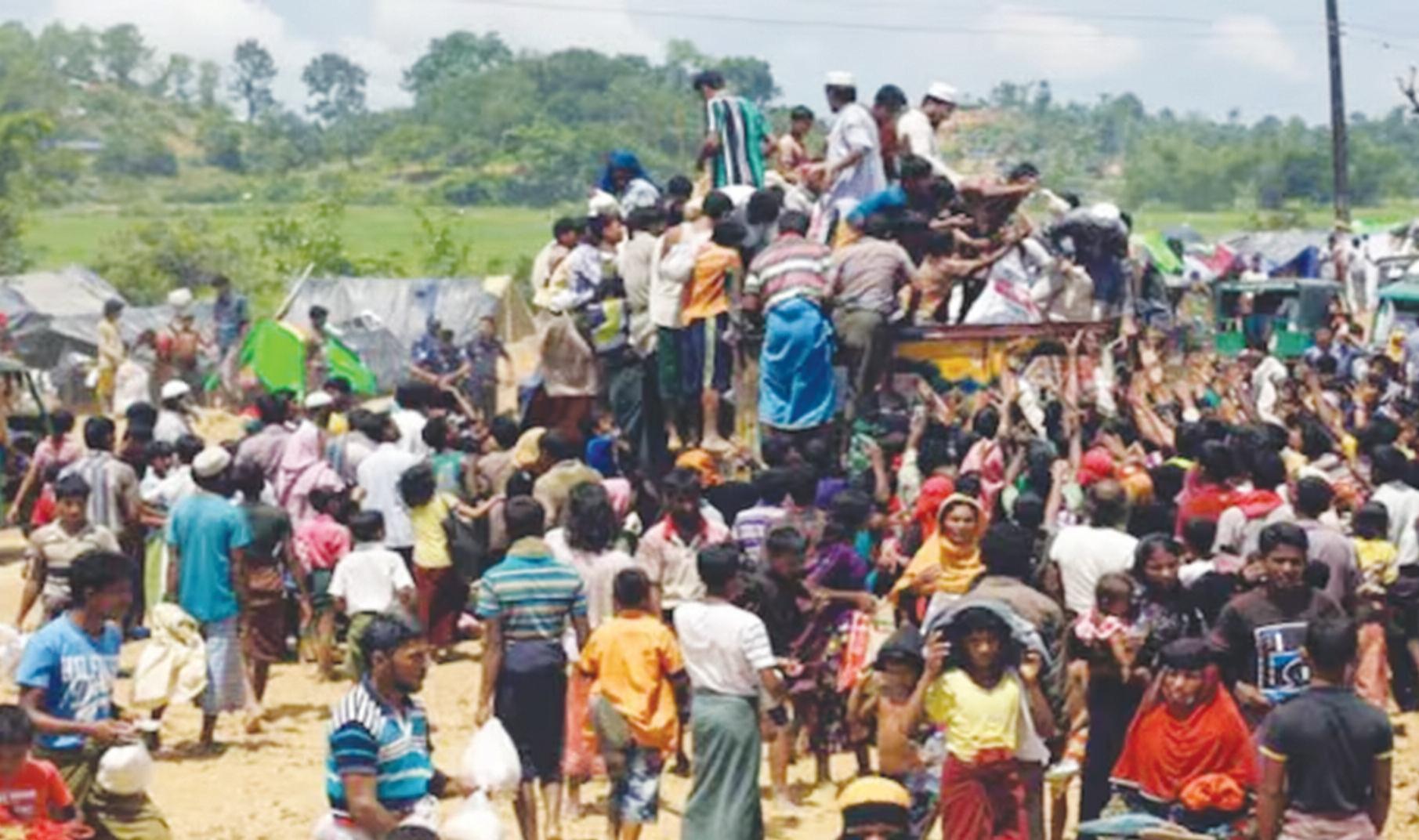
eled movements like India Out, which, notably, have been driven by ordinary citizens rather than political parties India’s diplomatic approach has also been flawed While it often touts its role in Bangladesh s Liberation War in 1971 as a gesture of altruism many in Bangladesh now view this intervention as primarily serving India s strategic interests in weakening Pakistan This narrative has gained traction among the post-liberation generation eroding the goodwill that once defined the relationship
The escalating crisis has triggered retaliatory actions from both sides In Bangladesh, the attack on its consulate in Agartala has been met with a stern diplomatic response and widespread public
power, creating an environment where minority communities live in fear Attacks on Hindu temples homes and businesses have become alarmingly frequent The government s failure to address these atrocities or worse its complicity has drawn widespread condemnation The arrest of Chinmaya Das marked a particularly egregious escalation Das, a respected figure within ISKCON, was accused of treason fueling accusations that the Bangladeshi government is actively
protests Demonstrators in Dhaka have condemned India’s perceived hegemonic behavior, accusing it of undermining Bangladesh’s sovereignty In India the rhetoric has been equally heated The boycott of Bangladeshi tourists by Tripura s hospitality sector is a symbolic but impactful gesture of discontent Meanwhile, Hindutva groups and BJP supporters have intensified their calls for action against the Yunus government amplifying the narrative of Hindu persecution in Bangladesh The media in both countries has played a significant role in stoking these tensions Indian outlets have focused on the plight of Hindus in Bangladesh, painting a picture of a government that is openly hostile to its minority communities Rumours of potential Indian responses ranging from surgical strikes to boycotting trade have further fuelled the fire On the other hand Bangladeshi media has framed the unrest as a justified backlash against Indian interference, portraying its citizens as standing up to a regional bully
The current trajectory of IndoBangladeshi relations has far-reaching implications Economically both countries stand to lose from a prolonged crisis Bangladesh s reliance on India for medical treatment, trade and tourism is significant, and any disruption in these sectors would harm its economy India, too, benefits from its economic ties with Bangladesh particu-
The


Alawsuit was filed last month by the Hindu Sena seeking a survey of the site of the Ajmer Dargah Sharif of Khwaja Mu’in al-din Chishti one of the epicentres of sufism in South Asia and one of the symbols of the spiritual convergence between religious communities in India For centuries Hindu and Muslim pilgrims have prayed together in this shrine The lawsuit argues that this mausoleum and pilgrimage site had been built over a Shiva temple, that was there before the 13th-century shrine This is not a new idea In 1911 Har Bilas Sarda the local leader of the Arya Samaj and the Hindu Mahasabha published a book on the city of Ajmer where he argued that the Dargah was partly built with the material of Hindu and Jain temples which preexisted the tomb of the Sufi saint and had been demolished According to him, the Dargah was built on the site previously occupied by a Shiv Mandir This claim was part of a series of attacks against Mu in al-din Chishti who according to Sarda had been part of the violent conquest of India by the Muslims in the medieval era He writes that before entering India, Mu in al-din Chishti went to Ghazni From there he came to India with the army of Shahabuddin Ghori, and at the age 52, took up his abode in Ajmer” Historical evidence supporting this version of the past is missing but this belief remains strong among some of the supporters of Hindutva For decades Sangh Parivar leaders did not adhere to this narrative In fact some of their leaders patronised Ajmer Dargah Sharif The Scindia family is a case in point: since the conquest of Ajmer by the Marathas in the 17th century, the Scindias contributed to the maintenance of the site and supported its custodians As descendants of the Gwalior Maharajahs who made generous donations to Dargah Sharif – like dozens of Rajput aristocrats from Rajasthan – Rajmata Scindia and her daughter Vasundhara Raje, visited the shrine on many occasions But other key figures of the BJP visited Dargah Sharif as pilgrims L K Advani himself performed ziarat e khwaja while he was deputy prime minister and Murli Mohan Joshi went one step further – he sat between
The lawsuit argues that this mausoleum and pilgrimage site had been built over a Shiva temple, that was there before the 13th- centur y shrine L
in the Dargah Sharif In that sense his attitude was not different from those of ordinary devotees who tied manaat at the door and windows of the khanqah
After all Mu in al-din Chishti has been revered for centuries as a saintly figure endowed with baraka by Muslims and non-Muslims alike – including Sangh Parivar leaders Nizamuddin and other luminaries of the Chishti order were and are almost equally popular A few weeks ago Indresh Kumar an RSS senior ideologue and the chief of Muslim Rashtriya Manch an RSS-backed Muslim group visited the iconic Hazrat Nizamuddin Aulia s Dargah in Delhi on the occasion of Diwali
Prime Minister Narendra Modi himself pays homage to Mu’in al-din Chishti, like his predecessors in New Delhi since the Mughal Empire, by sending a chadar to Ajmer every year on the occasion of Urs More generally speaking he has engaged with the Sajjadanishin of Ajmer Dargah known as the Diwan – a rapprochement well in tune with his appreciation of Sufism
Indeed, Modi has always promoted Sufism He hosted the World Sufi Forum in March 2016 in Delhi
While the King of Jordan was the chief guest, the Diwan of Ajmer Sharif appeared as primus inter pares among the Sajjadanashins who had been invited Modi highlighted that Sufism embodied true Islam and that it would help to delink religion and terror This message has been repeated ad nauseam After this event, the Modi government invested time and energy in organising the Sufi leaders of India, and invested more especially in the Diwan and his son Naseer in this very perspective With its blessing the Diwan took the lead of a new initiative to federate the Sajjadanashins and play the role that had been officially recognised to his predecessors by the British in 1877 An All India Sajjadanashins Council took shape to this effect in the late 2010s with the Diwan of Ajmer Dargah Sharif at its helm Interestingly, the foundational charter of this institution justified his preeminent role by mentioning not only that he was “the direct descendant in the 22nd generation of the Sufi Saint Khwaja Moinuddin Chisty and the Hereditary Sajjadanashin Spiritual Head of the shrine of Ajmer Dargah but also in the aspect of gynaecological lineage (family tree), [ ] the most direct descendant of Khwaja Moinuddin Chisty
The main aim and objective of the Council, according to the charter, was “to bring a sense of mutual respects & greater understanding between the Hindus Muslims and other communities in the country From promoting this unity among the office bearers of the Council figured as media advisor a Hindu Deepak Sharma who was the nephew of Mauli Chandra Sharma, one of the founders of the Jana Sangh in 1951
The great attention paid by the Modi government to the – renamed – All India Sufi Sajjadanashin’s Council (AISSC) was evident from the fact that on March 15 2020 Amit Shah received a delegation of the Council –that included Syed Naseeruddin Chishty the son of the
Diwan who had been officially presented by him as his successor a little while before the meeting Even more telling was the presence of Ajit Doval at the interfaith conference held by the AISSC in Delhi in March 2022 as an attempt to open a new channel of communication with the Muslim community In parallel, the Diwan and his son have often supported Hindu nationalist stands: in 2015 they said that they were not in favour of rebuilding the Babri Masjid where it was but at some distant place as some Shia leaders suggested first – and as the Supreme Court verdict finally prescribed In 2017, the Diwan helped the Modi government in drafting the bill reforming triple talaq and supported the Sangh Parivar ’s campaign for a beef ban In 2019, the Diwan appreciated the reading down of Article 370 in Jammu and Kashmir
The way the Diwan supported so many initiatives of the Modi government was not acceptable to many Muslims In Ajmer itself there were revolts In 2017 the Diwan s brother claimed that he had deposed him because of his cow-related pronouncements Nothing of that kind could actually occur, but many locals (including Khadims) clearly resented the attitude of the Diwan In 2022 the words of Sawar Chishti one of the most influential Khadims – he was at the helm of the Anjuman Committee of the Dargah Sharif – was a case in point When the Diwan did not protest against BJP functionary Nupur Sharma s utterances about the Prophet Mohammad (PBUH), Sawar Chishti declared “We will launch such a massive agitation that the whole of Hindustan will shake” and called on Muslims to boycott Hindu merchants mostly Sindhis who are flourishing in the vicinity of the Dargah
The Diwan is no longer the only leader whose authority is contested by people of his own group – this is also true of Hindu nationalist leaders who, till today, have considered Sufis potential allies and the Diwan of Dargah Sharif as their chief As mentioned above, since Sarda such a contestation from the right has had its supporters Some Hindu nationalists have never revered Mu in al-din Chishti and have strongly resented the popularity of the Dargah – as well as its lure for non-Mus-
lims It was a symbol of Indian secularism, and for some, this made it a target for terrorism
On October 11, 2007, a bomb blast at Dargah Sharif killed three persons and injured 15 others This blast was part of a series that included those of Malegaon the Samjhauta Express and the Mecca Masjid in Hyderabad In 2018 two RSS pracharaks were sentenced to life imprisonment in connection with the Ajmer blast The public prosecutor, during the trial, pointed out that apart from Muslims, Hindus also come in large numbers to pay obeisance at the [Ajmer] shrine and the aim of the bomb blast in the holy month of Ramzan was to spread terror between the two communities and to prevent Hindus from going to the shrine This interpretation relied on information from the in-
terrogation of the accused and the 2008 confession of a Vishwa Hindu Parishad leader Swami Aseemanand who explained after his arrest how he directed his co-conspirators to the Dargah sharif in addition to other targets: In the meeting with the four of us, I suggested that in Malegaon in Maharashtra,
Clashing over the Hindu minority

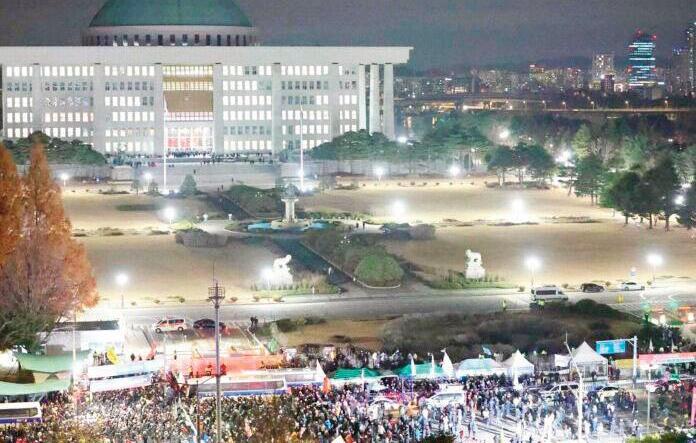
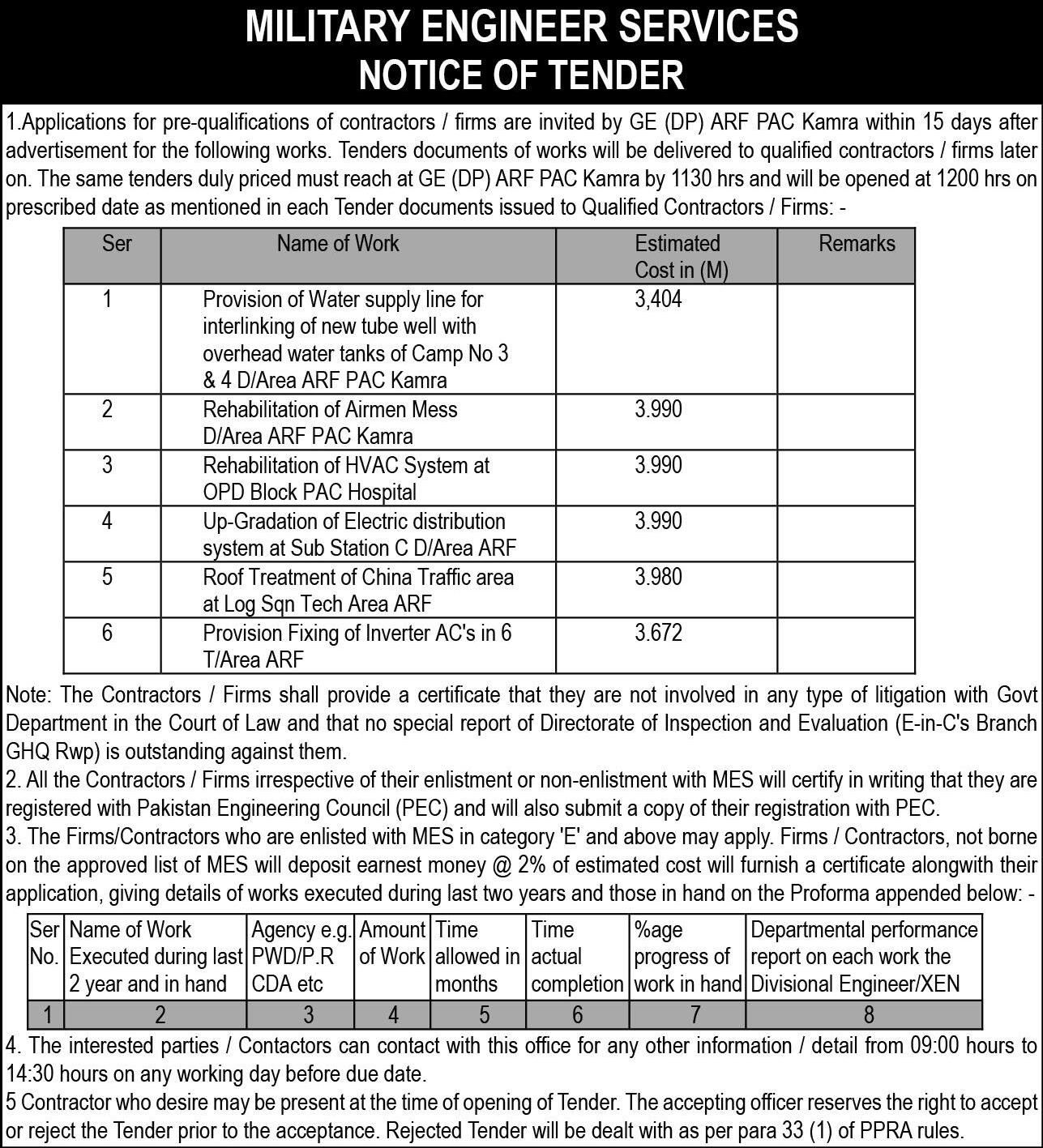
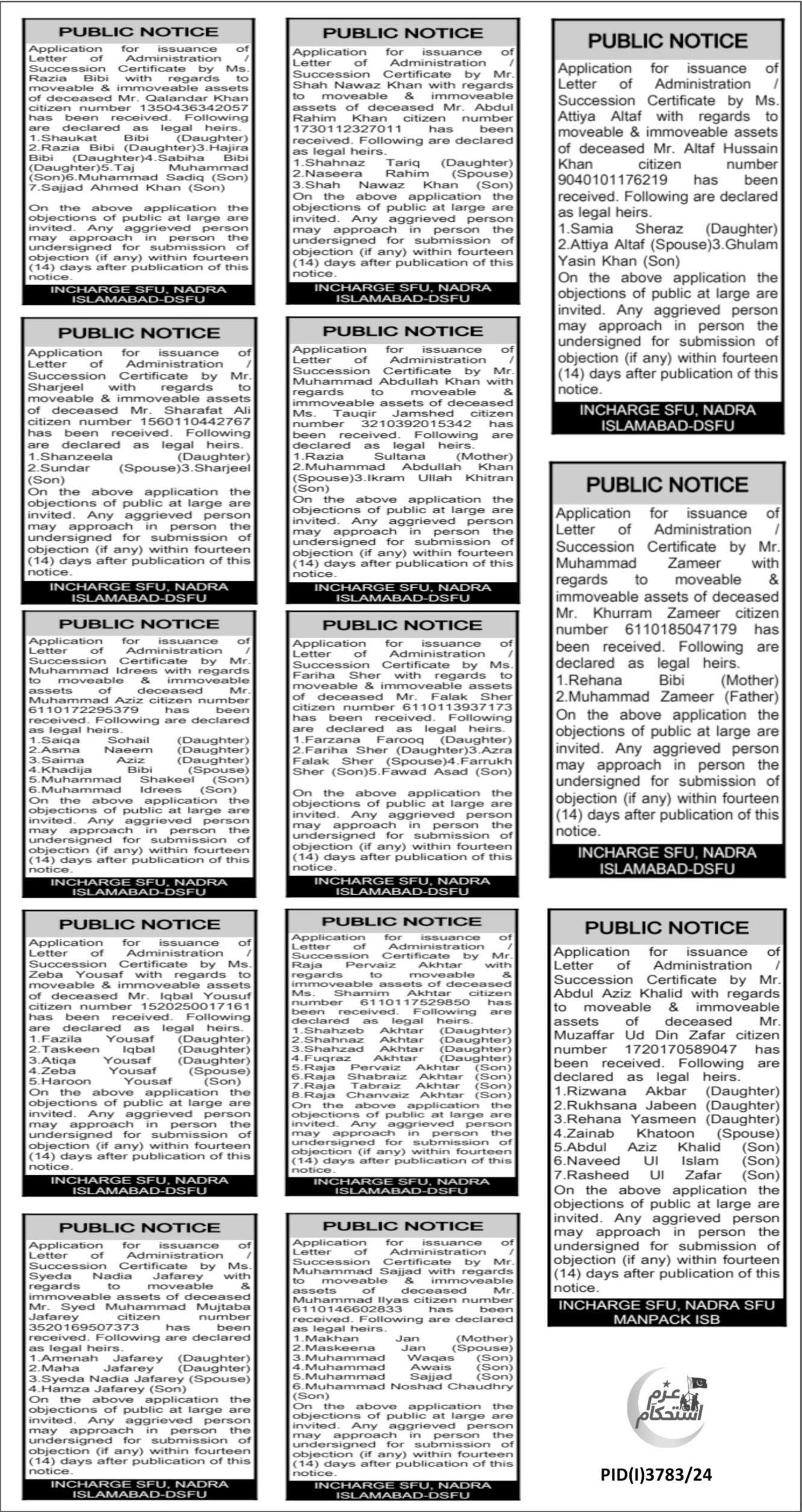



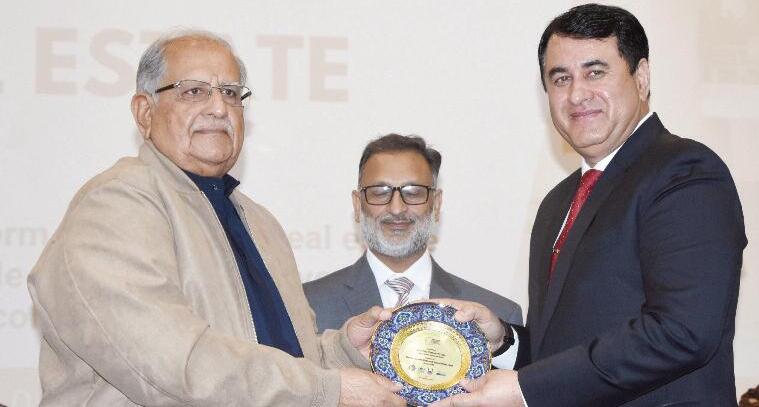
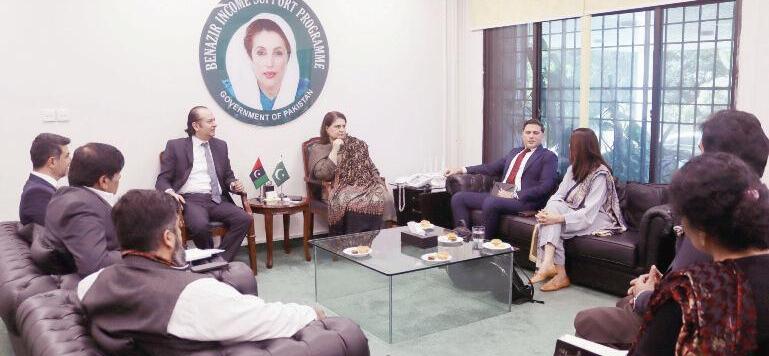

CORPORATE CORNER
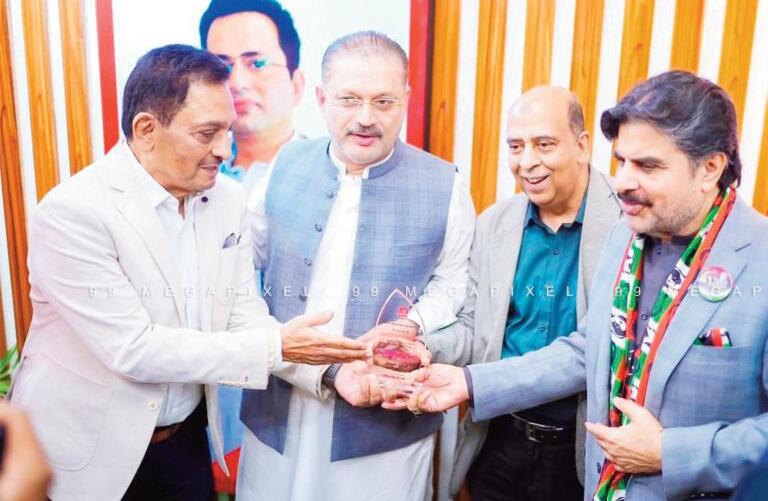
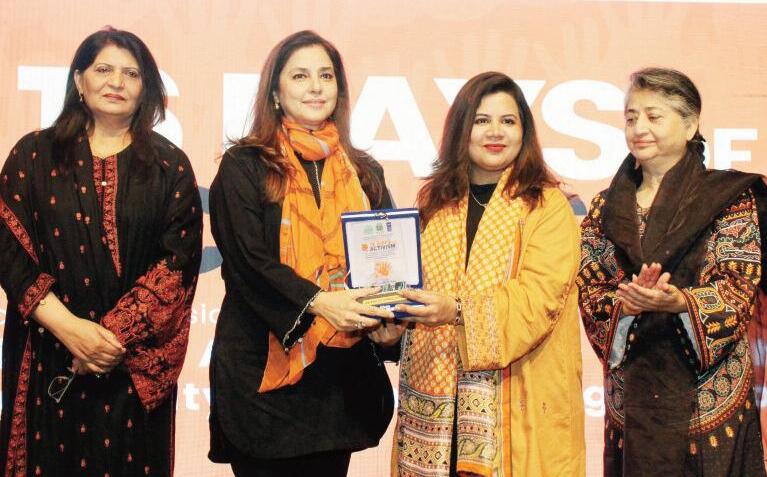
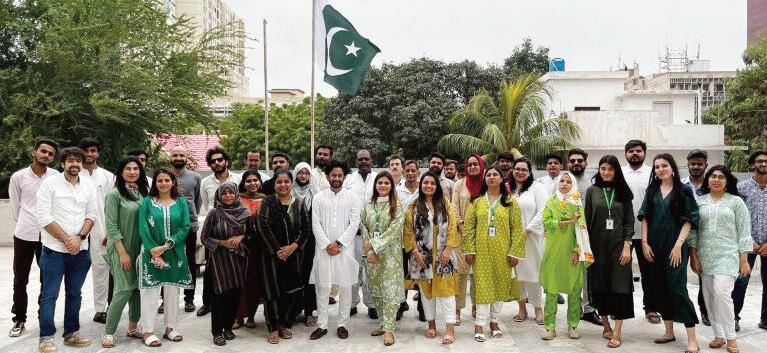
Anjum
s
Former Chief of the Naval Staff Admiral Yastur-ul-Haq Malik was laid to rest in Lahore A large number of retired and serving armed services officials as well as civilians, attended the late Admiral s funeral prayers The Chief of the Naval Staff, Admiral Naveed Ashraf, expressed his condolences to the deceased’s family and prayed for the departed soul
Admiral Yastur-ul-Haq Malik had a distinguished naval career spanning over four decades He had the honor of participating in the 1965 and 1971 PakistanIndia wars He served as the Chief of the Naval Staff from 1988 to 1991 Throughout his career, the Admiral displayed dynamic leadership, impeccable moral character, exceptional professional competence, and the highest sense of responsibility He joined the Pakistan Navy in September 1951 and completed his initial training at Britannia Royal Naval College Dartmouth UK He was a graduate of the PAF Staff College and the National Defence University Admiral Yastur-ul-Haq Malik held an illustrious record in command and staff assignments, both

afloat and ashore Notably he commanded Pakistan Navy Fleet and served as Vice Chief of the Naval Staff Additionally, he served as Chairman of the Pakistan National Shipping Corporation In recognition of his meritorious services and outstanding performance, the Admiral was awarded Nishan-e-Imtiaz (Military) and Sitara-e-Basalat Floral wreaths on behalf of the President of Pakistan the Prime Minister the Chairman Joint Chiefs of Staff Committee Chief of the Naval Staff other services chiefs, senior naval officers, and notable civilians, were laid on the Admiral s grave LAHORE
Forman Christian College (A Chartered University) proudly celebrated its 26th Commencement Ceremony, a momentous event that marked the graduation of 1,293 students across a diverse range of academic disciplines
The ceremony held on Saturday was a testament to the institution s unwavering commitment to academic excellence and service to society
The graduating class included 1 025 bachelor s students, 262 postgraduate students, and six PhD graduates, reflecting FCCU s comprehensive academic offerings
The event was graced by the presence of faculty, staff, distinguished dignitaries, and proud families, with FCCU’s Rector Dr Jonathan S Addleton presiding as the chief guest and Dr Nayer Fardows Registrar as Director Commencement The academic highlight of the ceremony featured inspiring valedictory addresses Mr Sanwal Hussain, the undergraduate valedictorian, achieved an impressive CGPA of 3 993 and spoke about the transformative journey of his peers Representing the postgraduate class Ms Maliha Ilyas with a perfect CGPA of 4 00 shared her insights and aspirations exemplifying the spirit of excellence that defines FCCU graduates
During the event numerous awards for academic and
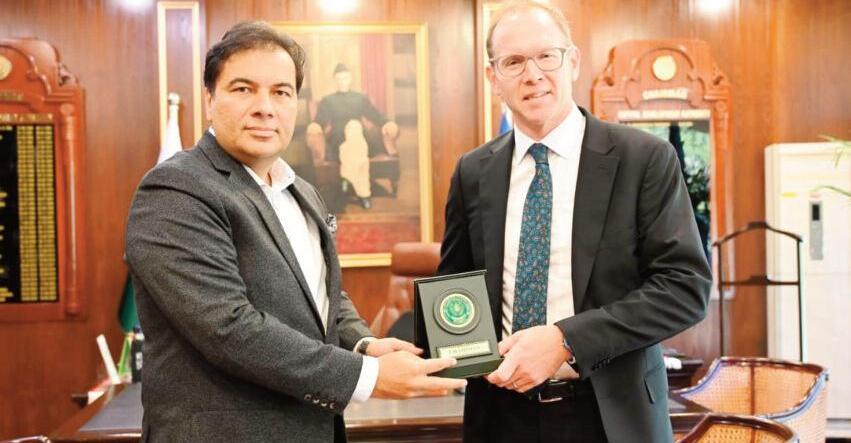
British Deput y HC calls on CDA chairman to discuss areas of mutual interest , cooperation ISLAMABAD s ta f f r e p o r t
British Deputy High Commissioner Matt Cannell called on Chairman of the Capital Development Authority (CDA), Muhammad Ali Randhawa at CDA headquarters to discuss areas of mutual interest and enhanced cooperation Chairman CDA Muhammad Ali Randhawa formally welcomed British Deputy High Commissioner Matt Cannell He expressed his hope to further strengthen the partnership with UK He offered his full support for cooperation in the key areas of education healthcare climate change and sustainable urban development Chairman CDA Muhammad Ali Randhawa further highlighted the importance of promoting cooperation through people to people contact and collaboration in the social sector especially for the welfare of the poor The conversation also included other areas of mutual interest Mr Cannell commended the natural beauty and development of Islamabad and appreciated the efforts to make it a modern and sustainable city He emphasized the UK’s interest in strengthening close ties through knowledge sharing capacity-building programs and cultural exchanges Chairman Randhawa reiterated CDA s commitment to strengthening strong partnerships that align with Islamabad’s development goal The meeting concluded with both sides reaffirming their
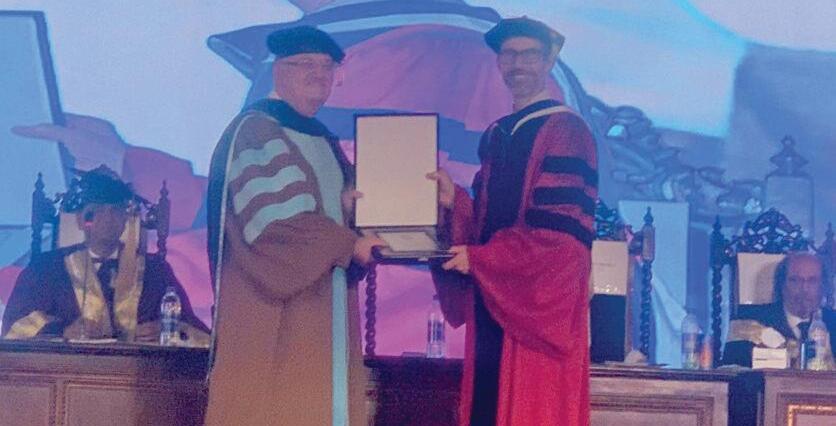
co-curricular achievements were presented These included Excellence Medals, Certificates of Distinction, and the Roll of Honor, celebrating the dedication and exceptional accomplishments of the students In his address Dr Jonathan S Addleton emphasized the values of hope resilience and faith urging graduates to approach their future with optimism and a commitment to making meaningful contributions to society He commended their perseverance especially in challenging times, and encouraged them to embrace leadership roles while upholding FCCU’s legacy Dr Addleton also proudly announced FCCU’s achievement of candidacy status in its journey toward accreditation with the New England Higher Education Commission a milestone in the university s history
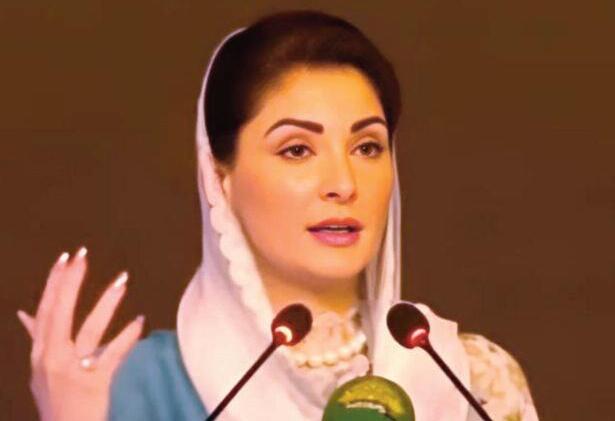
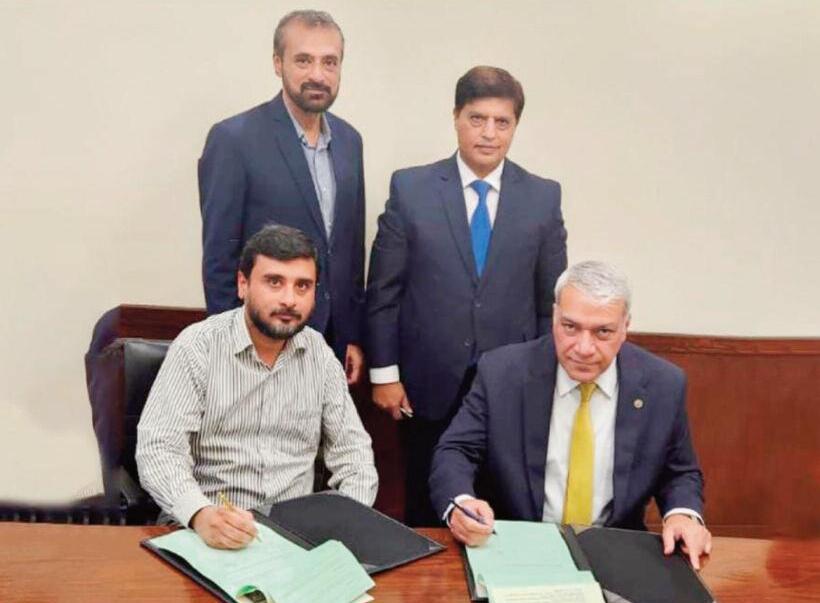
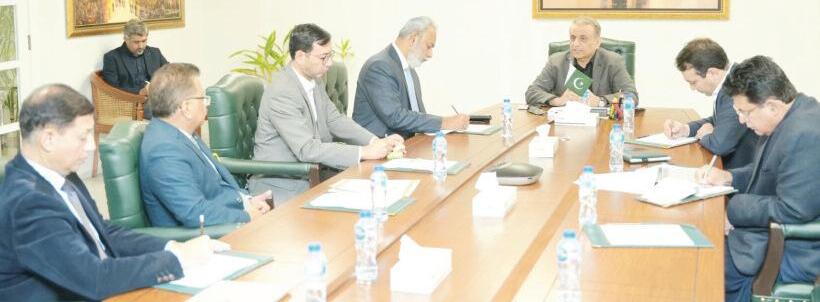
KARACHI: Iqbal Qureshi,

PETROLEUM MINISTER DENIES OIL DEAL WITH RUSSIA

CM Gandapur seeks action against ‘arbitrar y rounding up, filing of cases’ against Pakhtuns in federal capital
Khyber Pakhtunkhwa Chief Minister Ali Amin Gandapur on Wednesday raised the issue of alleged discrimination against and profiling of Pakhtuns by the Islamabad administration with Prime Minister Shehbaz Sharif Almost 1,400 suspects have been arrested by the Islamabad and Rawalpindi police in a crackdown on the PTI protesters who had marched on the federal capital last week before finally hastily retreating The police have filed multiple cases against those involved in the protest At least six lives were lost in the three days of protests which included a policeman and three Rangers officials who were knocked down by a speeding vehicle Claims and counter-claims over deaths purportedly caused by law-enforcement action against the PTI marchers remain a major bone of contention between the government and the PTI Amid the situation there have been allegations that the Islamabad administration and authorities have been allegedly targeting Pakhtuns and people from KP in the crackdown A hashtag in solidarity with Pakhtuns also trended on social media platform X The Islamabad police rubbished the allegations in a post on X in the early hours of today terming them negative propaganda During the recent law and order situation no peaceful Pakhtun was ever detained Legal action has been taken against miscreants and not on the basis of any nationality or region, it said Formalising the sentiment, KP government Barrister Muhammad Saif lashed out today at what he called the Islamabad police’s “biased attitude” towards ordinary Pakhtuns based on provincialism and nationality In a post on X earlier on Wednesday he said: The fake government is promoting ethnic prejudice in its hatred of Imran Khan Pakhtuns are being subjected to oppression and violence in the twin cities” “Pashto speakers are being put in prisoner vans Poor Pakhtuns are being oppressed by posing them off as PTI workers The fake government is promoting hatred in its grudge against Imran Khan ” Subsequently a post on the KP government s X account said CM Gandapur took up the issue in a letter to PM Shehbaz, expressing deep concern over the racial discrimination and unjustified arrests of innocent Pakhtuns in Islamabad” “I wish to bring to your attention a matter of concern regarding the treatment of Pakhtun labourers in Islamabad particularly in relation to the arbitrary rounding up and the filing of unfounded ATA (Anti-Terrorism Act) FIRs against them These individuals who are primarily involved in lowpaying jobs, have been unfairly targeted in the aftermath of the recent incidents involving peaceful political protests organised by PTI,” the letter read He said Islamabad’s Pakhtun community had long faced significant challenges with most of them engaged in modest employment These individuals have not chosen to live in the capital but have been displaced due to the prolonged effects of the War on Terror and various military operations over the past two decades,” Gandapur said
Five terrorists neutralised, two injured in Lakki Marwat IBO: ISPR
Five terrorists were killed and two others were injured during fire exchange with security personnel in an intelligence-based operation carried out in Lakki Marwat district of Khyber Pakhtunkhwa the military s media wing said on Wednesday
On 04 December 2024, Security Forces conducted an intelligence-based operation in Lakki Marwat District on [the] reported presence of khwarij said the Inter-Services Public Relations (ISPR) in a press release
The ISPR said security forces engaged the terrorists as a result of which five were “sent to hell”, while two other terrorists were injured A sanitisation operation is being conducted to eliminate any other Kharji found in the area as security forces of Pakistan are determined to wipe out the menace of terrorism from the country,” the statement concluded Meanwhile Prime Minister Shehbaz Sharif and President Asif Ali Zardari paid glowing tribute to
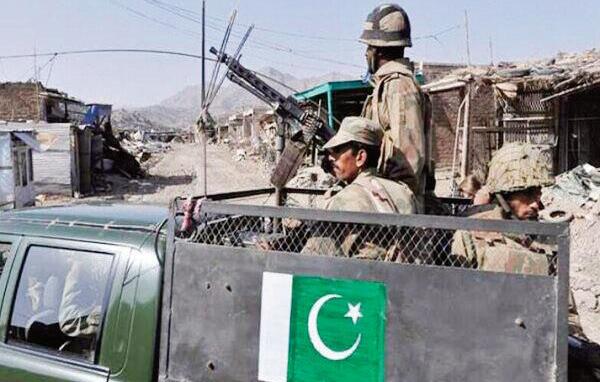
security forces for the successful operation in Lakki Marwat According to a statement post on X, the PM said that “the nefarious intentions of the enemies of humanity will continue to be crushed in the same way The government is actively working for the complete elimination of Kharijites and terrorism from the country, the statement added In a separate, President Zardari also praised security forces for their bravery during the operation according to another post on X by PTV News
The president expressed national determination to continue operations until the complete end of terrorism,” the statement read Earlier on Nov 23 three terrorists were killed in two separate security operations in Khyber and South Waziristan
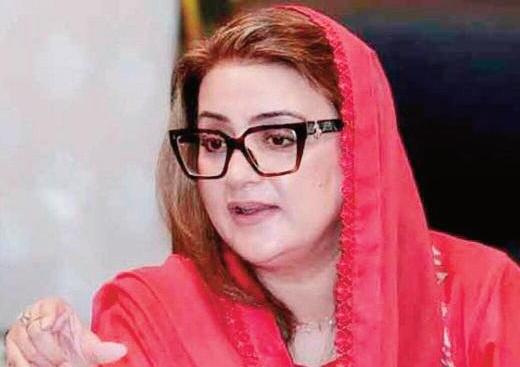
A zma Bokhari escapes road crash unhur t
